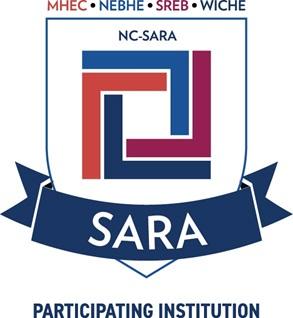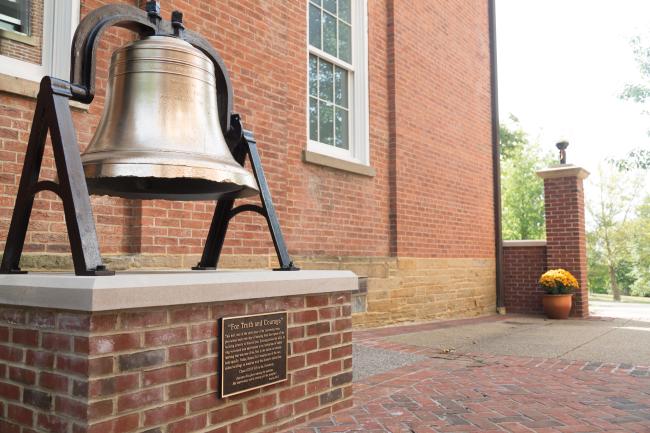Certificate in Clinical Supervision
Expand your knowledge and grow professionally to serve the mental health needs of your community.
Fully Online, Fully Flexible: Clinical Supervision Certificate
The 12-credit, non-degree, post-baccalaureate Certificate in Clinical Supervision Program consists of three core clinical supervision courses, with a fourth course dedicated to a specific concentration in clinical supervision: supervision in clinical mental health, substance use disorders or school counseling.
Upon completion, licensed professionals will be well positioned to pursue the Center for Credentialing and Education Approved Clinical Supervisor (ACS) credential and non-licensed professionals may qualify for the Pennsylvania Certification Board's Certified Clinical Supervision (CSC) credential.
Upcoming Start Dates
Spring I
Monday, Jan. 12, 2026
Fall I
Monday, Aug. 24, 2026
Curriculum
CNS 526 Models of Clinical Supervision
The models of clinical supervision course will serve as the introductory course in the certificate program. The course will focus on foundational aspects of clinical supervision, creating a pathway to competence. Students will learn core constructs of supervision models to include psychotherapy-based, developmental, process and second-generation models of clinical supervision. Emphasis will be placed on helping certificate students to not only become knowledgeable of a wide array of supervision models but to also develop and refine their own supervisory orientation.
CNS 528 Dimensions of the Supervisory Relationship
This course will give specific attention to the supervisory relationship. Students will be able to articulate the dimensions of the supervisory relationship. An emphasis will be placed on becoming a multiculturally competent supervisor. To do so, students will gain a working knowledge of how to organize the supervision experience, identify basic tenets of triadic and dyadic systems, parallel processes, and isomorphism. Special focus will be on the supervisory working alliance and other factors that affect not only the supervisor-supervisee relationship but also the supervisee-client relationship.
CNS 529 Multicultural and Ethical Considerations in Supervision
This course will focus on ethical, legal and risk management issues in clinical supervision. An emphasis will be placed on gatekeeping in the profession. Distance counseling, informed consent, confidentiality, malpractice and liability topics will be covered. As such, students will develop the tools necessary to become ethical decision makers. Students will discover evaluative measures, enhance awareness of the law and code of ethics, and address critical incidents in clinical supervision.
CNS 535 Advanced Methods of Clinical Supervision
This course will focus on analyzing supervision theories and developing effective techniques to facilitate counselor-in-training development. This course will offer three specific areas of concentration in which the student can choose to follow: supervision in clinical mental health counseling, supervision in substance use disorder counseling, or supervision in school counseling. A variety of models, perspectives, research, and techniques pertaining to the chosen specialty in clinical supervision will be reviewed. An emphasis will be on developing individualized, specialty supervision methodologies in a manner that can then be effectively transferred to practical application in the field of clinical supervision.

NC-SARA
Waynesburg University has been approved to participate in the National Council for State Authorization Reciprocity Agreements.
Counseling News and Events
-
 Campus News
Campus News
Tue, Mar 25
Waynesburg U. hosts Regional Counseling Symposium on Fostering Connection
Learn more -
 Academics
Academics
Thu, Mar 6
Waynesburg U. Faculty and Student to Present at National Rural Special Education Conference
-
 Academics
Academics
Tue, Jan 28
Graduates from Waynesburg U. achieve 100% pass rate on the National Counselor Exam
-
 Academics
Academics
Fri, Jan 3
Waynesburg U. awarded University Workforce Development grant for counseling
Take your next steps.

Request more information
Get started
Submit your application
Apply


